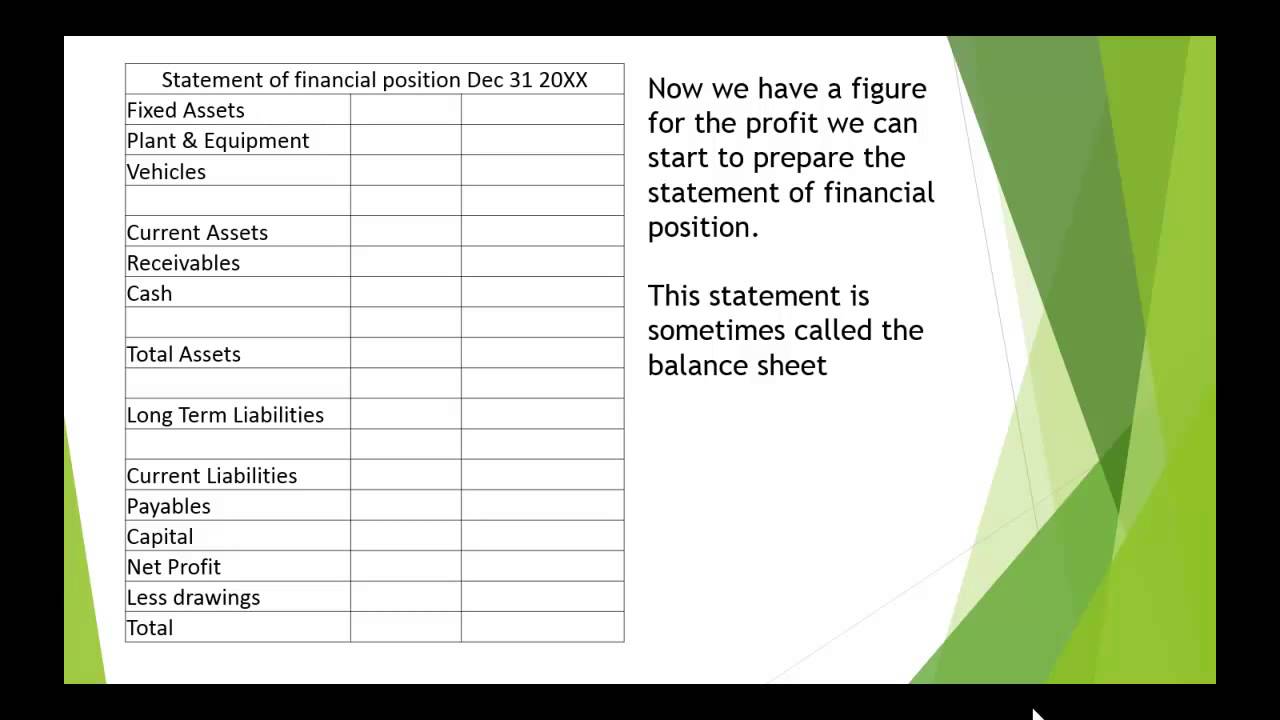
Retirement planning is a critical approach that helps attain one's economic status after retirement. When you create a financial retirement plan, you have the security and freedom to enjoy yourself without worrying about work. Proactivity measures ensure you are ready for or able to meet the lifestyle you want when you are old.
Set Clear Financial Goals
The best retirement plan encompasses several significant steps, and the Company needs to start by having proper dreams or aims. Consider goals in housing, healthcare, travel, and other aspects of life if you plan on having an active lifestyle that is not restricted to operating a business venture. These goals serve as a guide and enable you to forecast the amount of cash that will be required and inform how you will save /invest. The more they define their vision, the more definite their strategy shall be.
Check Your Current Financial Position

One should be aware of one's current financial position to implement a financial retirement plan successfully. You should evaluate your current reserves, existing investments, income-generating activities, and liabilities. Knowing what you are missing or what lies ahead is essential to learn of the gaps and openings. Returning to this assessment, you remain focused and adjust to new conditions.
Develop a Practical Budget
A more realistic forecast gets to be our working budget, which forms the basis of sound retirement planning. The first step involves tracking your income and expenditure to see how much of your income you are free to save. Cut out expenses that are not needed and use the Money cut on retirement plans. Practical measures not only fortify your financial plan but also help you practice disciplined budgeting, which, over the long term, will be beneficial for your economic stability.
Minimize Costs and Increase Investments

The most compelling aspect of a retirement financial plan is what you will save and invest. Deposit to their retirement savings such as the company retirement savings or IRA (Individual Retirement Accounts). Expand your investment portfolio to remove risks and embrace the chances of high returns. Early and regular funding helps your Money earn compound interest that puts a lot of Money back into your retirement savings.
Prepare for Healthcare Expenses
Healthcare is one of the essential portions of people's retired life expenses, and it should be planned appropriately. Label sections of concern for insurance plans on medical emergencies, care in later life, and other random needs. Health expenses make up a significant portion of our financial plan during our twilight years, and having a healthcare fund in the financial plan for retirement safeguards against the possibility of spending Money for medical needs that could wipe out your financial security.
Seek Professional Guidance
Finding one's way in the various factors surrounding retirement is challenging. Many people turn to a financial advisor who will offer them essential tips and plans best suited for an individual. An advisor will assist you in maximizing your tax relief, choosing the most suitable investment schemes, and fine-tuning your financial retirement plan. Professional advice means that your activities are planned according to the right objectives and correspond to the alterations of economic environments.
Conclusion
Planning your finances for retirement is planning for your financial security after you have retired. Money goals help you turn personal finance into a systematic process for turning your dreams about your retirement into reality. Concentrate on healthcare planning and use professional advice to improve the strategy. Getting started early helps one to be ready for financial freedom and a deserving retirement period.




